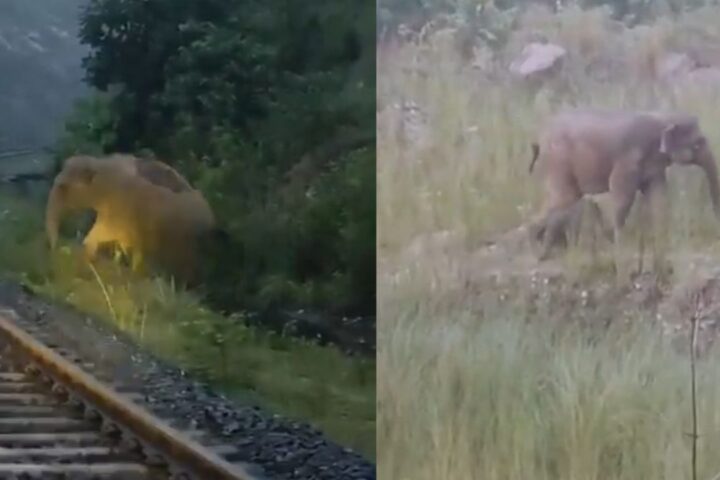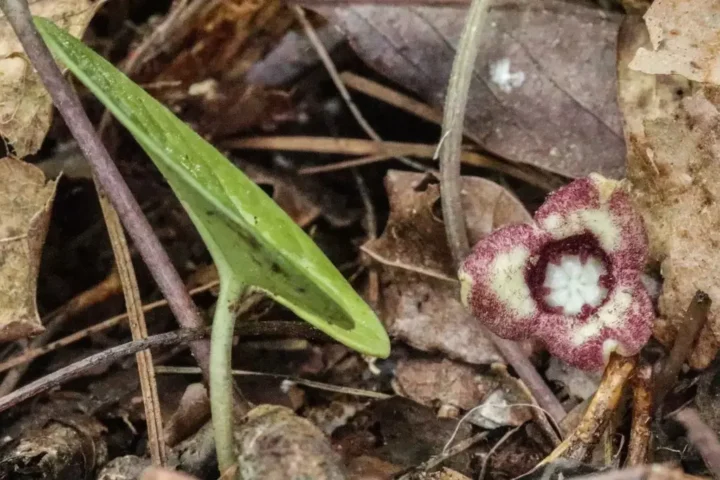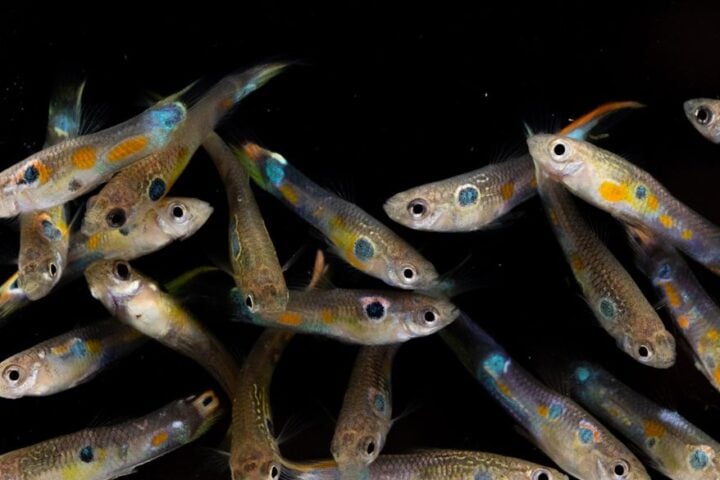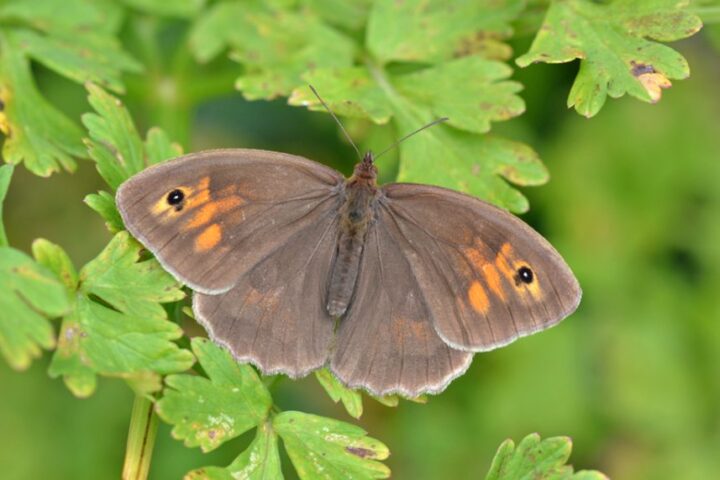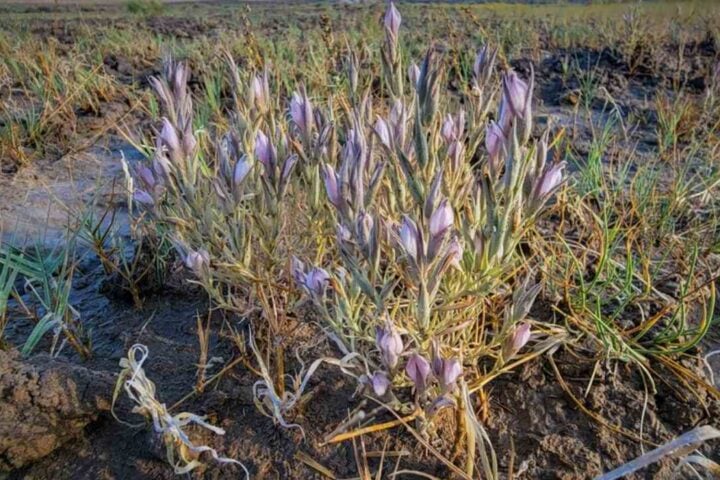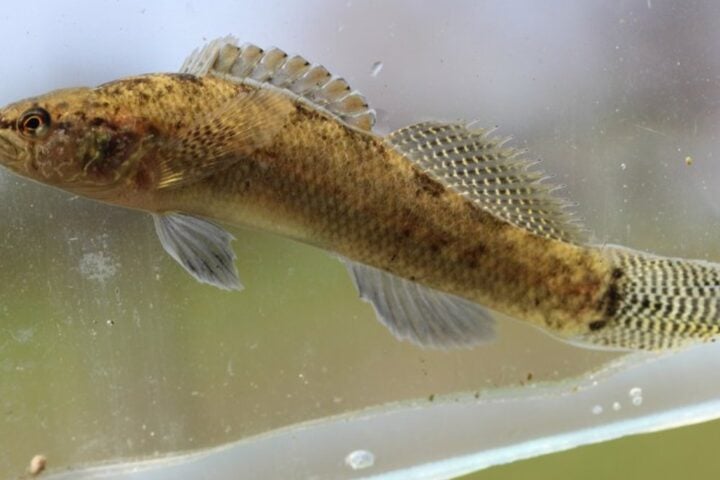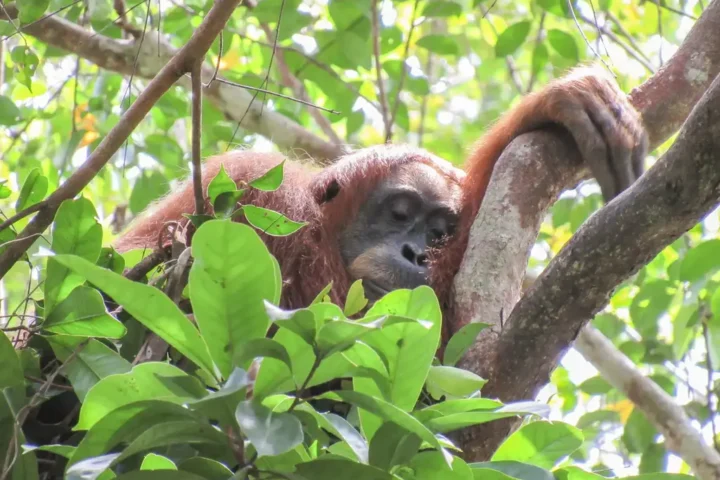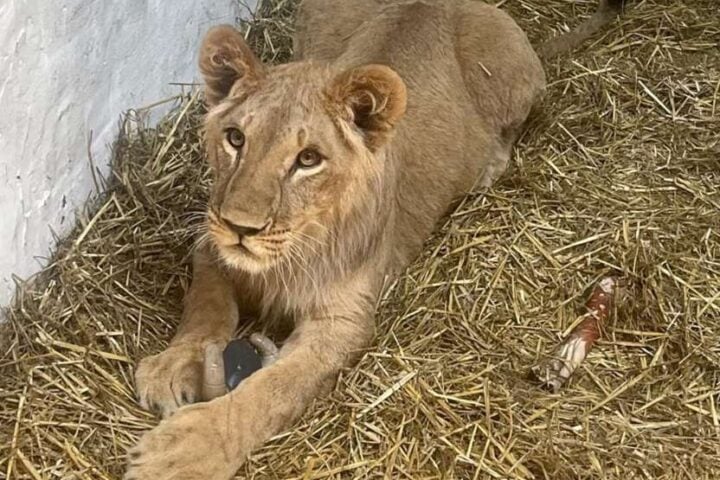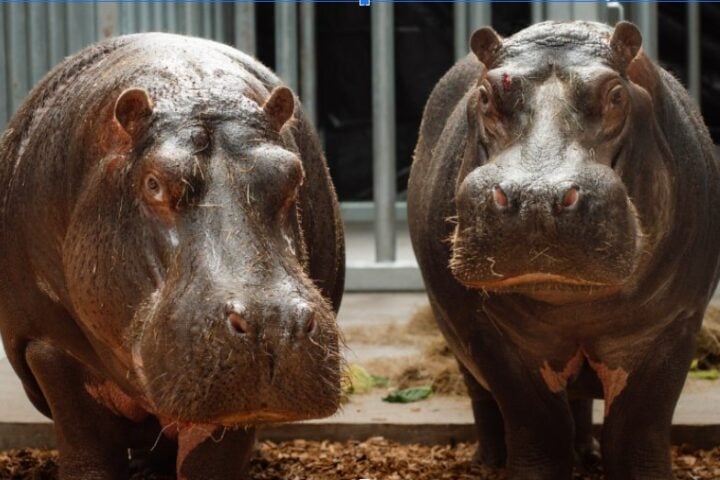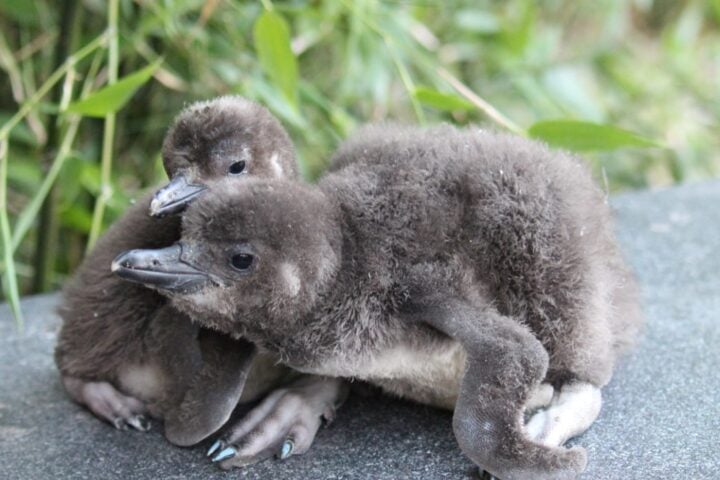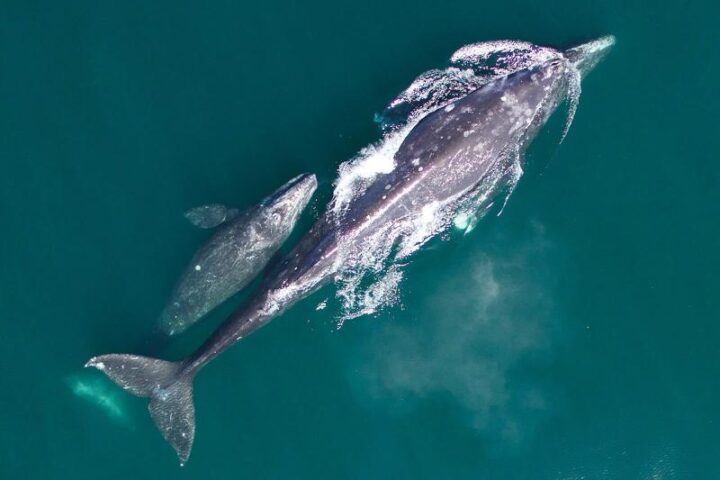In Michigan, bald eagles are perishing from lead poisoning in alarmingly increasing numbers, and the cause is not as obvious as one might think. Just a small amount of lead can have fatal consequences for these birds, and according to wildlife rehabilitation specialists, the poisoning occurs when the eagles mistakenly consume bullets while scavenging the remains of hunted animals shot with lead ammunition. The impact of lead on these animals is heartbreaking, as it can lead to blindness, tremors, and even loss of flight, says John Buchweitz, Chief of Nutrition and Toxicology at Michigan State University Veterinary Diagnostic Laboratory.
The national emblem of the United States, the bald eagle, was once on the brink of extinction, but thanks to a hotly debated ban on the pesticide DDT, the species has made a remarkable recovery. From a mere 417 nesting pairs in 1963, the number of wild bald eagles has skyrocketed to over 300,000. However, conservationists are now raising concerns over the use of lead-based products in hunting and fishing, which poses a threat to these magnificent birds and their future survival.
According to James Manley, Executive Director of Skegemog Raptor Center, the efforts to prevent lead poisoning in bald eagles must utilize every possible resource. Lead, a known toxin, continues to be a problem despite being widely recognized as dangerous. A study published last year revealed that almost half of the bald and golden eagles tested nationwide showed signs of chronic lead poisoning. This is the third leading cause of death for bald eagles in Michigan, and the primary source of this poison is believed to be lead ammunition from wild game carcasses and gut piles left behind by hunters in the field. The Michigan Department of Natural Resources also emphasizes the availability of safer alternatives for both humans and wildlife and calls for a heightened conversation and heightened public awareness to address the issue.
For many years, The Raptor Center has been at the forefront of the battle against lead poisoning in bald eagles. Through a comprehensive testing program for every eagle admitted to the center, a wealth of data has been accumulated to guide treatment decisions and inform research studies. The data has also proven to be a valuable resource for decision-makers.
The Raptor Center has played a key role in establishing the connection between lead poisoning in eagles and deer hunting, and has conducted extensive research into the effects of lead toxicity on the birds’ neurological and cardiovascular systems. Despite these efforts, the fight against lead poisoning continues, and public education and outreach remain a critical component of The Raptor Center’s work. By partnering with organizations within the outdoor recreation community, the center is working to raise awareness and educate hunters about the impact of their choices on wildlife.



